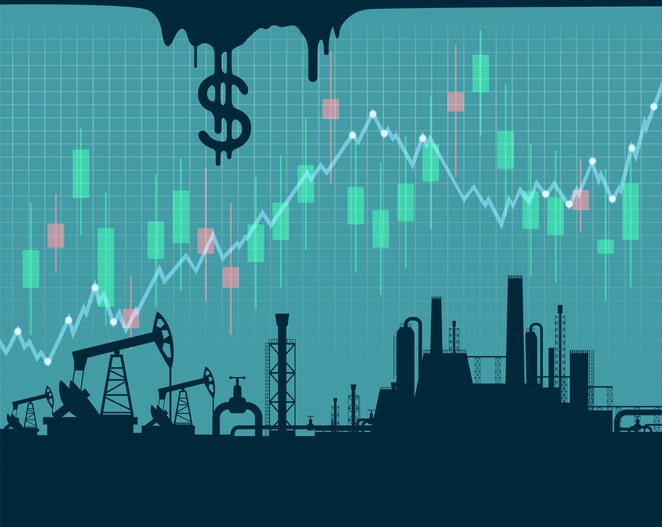Shell Wipes £18bn Off Its Own Value

The price crash of oil and petrochemical products due to the coronavirus crisis has caused oil giant Royal Dutch Shell to dramatically cut the value of its inventory, following a similar move by BP.
The company has said it will see impairment charges of up to £18bn in its second quarter.
Weak Demand
Shell is the largest fuel retailer in the world and one of the biggest companies on the FTSE 100, so a significant slump in demand is bad news. To add insult to injury, the company also says that global lockdowns during the coronavirus crisis will have caused a 40% drop in fuel sales around the world.
The company says its value cut reflects an assumption that oil and gas prices will be weaker than previously expected all the way through to 2022.
In addition, its plans to cut greenhouse gas emissions entirely by 2050 will have had a further impact on the announced writedowns.
According to Shell, it expects the average price for Brent crude oil to level out at $35 per barrel, and rise to $50 by 2022. At the start of the year, oil prices were up at $60 for a barrel of Brent crude.
But although Shell has also cut its refining profit margin by a whopping 30%, it is predicting a rise in oil production – up to 2.4 million barrels per day.
Share Price Impact
The result of this realignment was an initial 2% drop in Shell’s share price – although it is currently already running 40% down year to date due to the impact on demand of COVID-19 lockdowns.
The move – especially in the wake of similar adjustments by BP – is not especially surprising, but it’s bad news for shareholders of the blue chip stock. And weaker future earnings will exert a further downward pressure in the share price.
Hargreaves Lansdown analyst Nicholas Hyett said:
“As a result, the value of the oil Shell’s set to pump in future is lower and the accountants have got the red pens out to mark down the value of Shell’s reserves.
“The real question going forwards is whether Shell’s fairly downbeat expectations are downbeat enough.
“Oil prices have spent a large part of the last five years under $60 a barrel and while the collapse of several large US shale names might reduce global supply, the outlook for demand is hardly robust.”